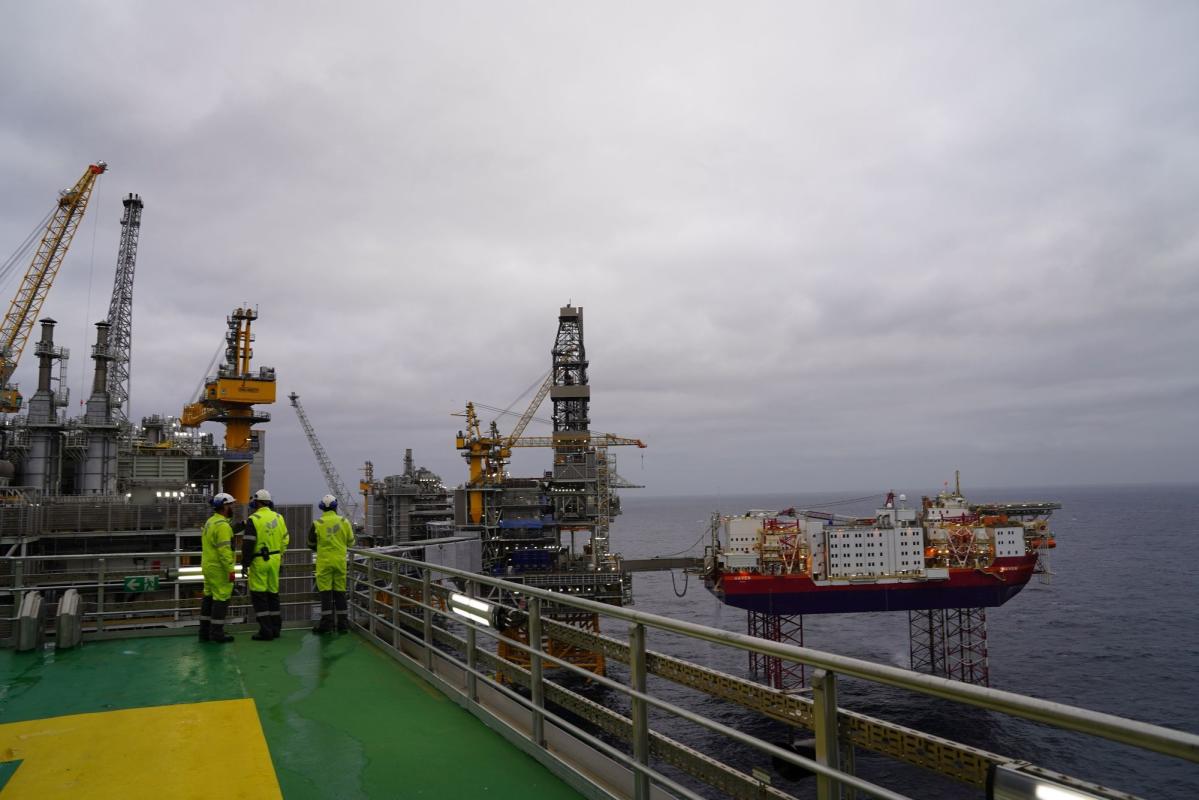
(Bloomberg) — European energy trading risks grinding to a halt unless governments extend liquidity to cover margin calls of at least $1.5 trillion, according to Norwegian energy company Equinor ASA.
Aside from inflating bills and fanning inflation, the biggest energy crisis in decades is sucking up capital to guarantee trades amid wild price swings. That’s putting pressure on European Union officials to intervene to prevent energy markets from stalling.
“Liquidity support is going to be needed,” Helge Haugane, Equinor’s senior vice president for gas and power, said in an interview. The issue is focused on derivatives trading, while the physical market is functioning, he said, adding that the company’s estimate for $1.5 trillion to prop up so-called paper trading is “conservative.”
Many companies are finding it increasingly difficult to manage margin calls, an exchange requirement for extra collateral to guarantee trading positions when prices rise. That’s forcing utilities to secure multi-billion euro credit lines, while rising interest rates add to costs.
“This is just capital that is dead and tied up in margin calls,” Haugane said in an interview at the Gastech conference in Milan. “If the companies need to put up that much money, that means liquidity in the market dries up and this is not good for this part of the gas markets,” he said, adding that EU plans to intervene would be “sensible” for derivatives trading.
Among emergency interventions being discussed by the EU are price caps in power and gas markets. For Equinor, price caps in electricity could make sense, because power markets are more localized.
But in gas, such measures would be extremely difficult due to the global nature of the market. For example, Europe has to beat Asia on price to attract liquefied natural gas cargoes.
“Power is a local, i.e. domestic, market, so in this case it would be possible to do something governments could control,” Haugane said. “But the issue of a gas price cap is different, because the natural gas market is global, and hence not that easy to manage.”
The underlying issue of the gas market is a lack of supply, and price caps won’t ease the strain or add to reserves, according to the Equinor executive.
“It doesn’t create any solution to the problem,” Haugane said. “Gas is a global commodity, and we don’t have that much supply so there is not much we can do.”
©2022 Bloomberg L.P.